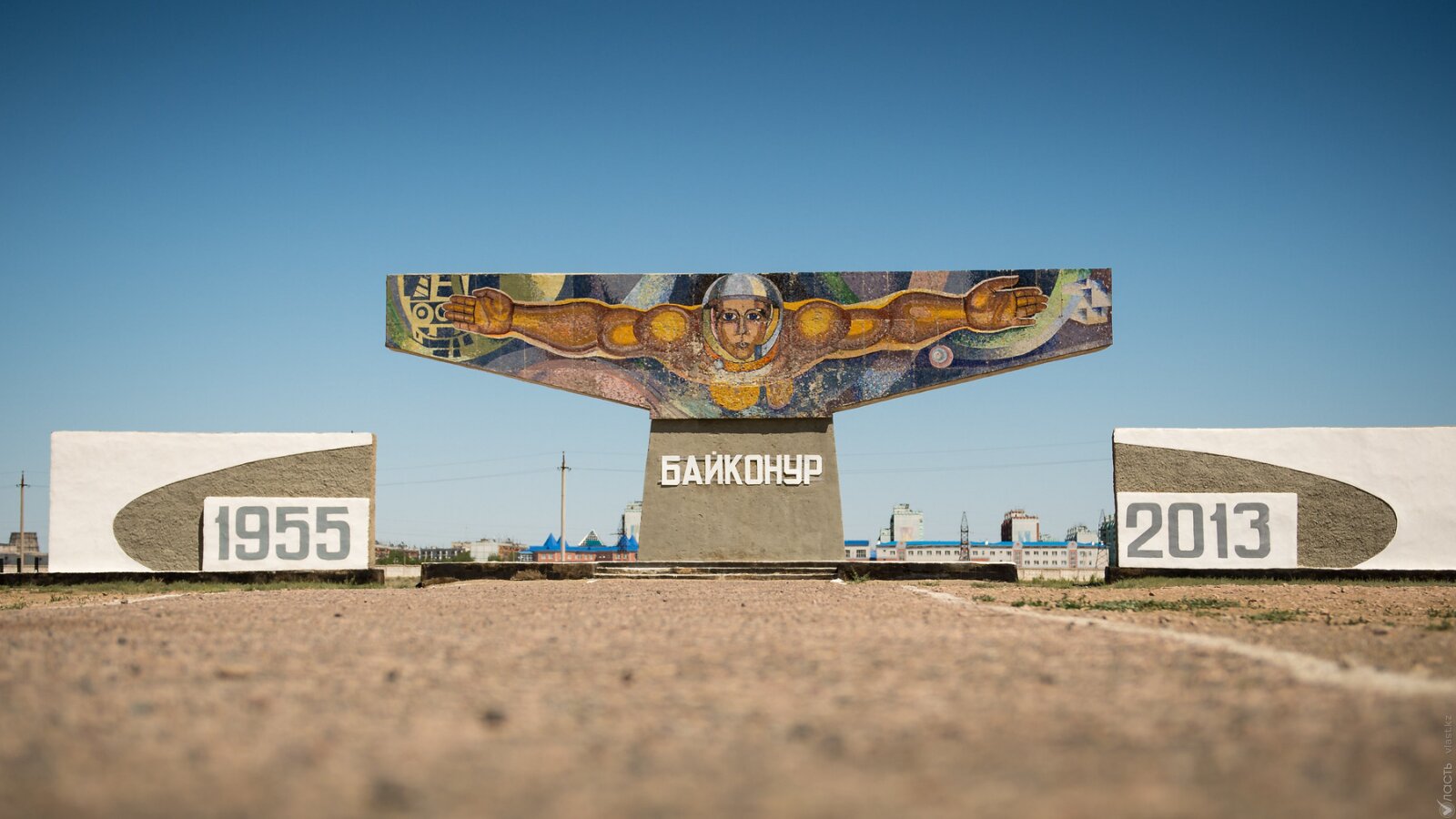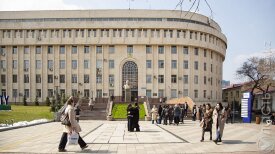The Astana International Financial Center said on March 14 its arbitration court impounded the property of a subsidiary company of Roscosmos, Russia’s space agency, working at the Baikonur cosmodrome in central Kazakhstan. The company, Operational Center for Ground Space Facilities, was sued by Kazakhstan’s state holding Baiterek in an effort to recover a debt of 13.5 billion tenge ($29 million).
On March 17, the last day of campaigning before the parliamentary and local elections on Sunday, the General Prosecutor’s Office said it punished 34 violations during the campaign, leading to the exclusion of candidates from the race. One candidate in Almaty provided free taxi services for residents of his precinct, another candidate in the southern Turkistan region provided free masonry services in exchange for a vote, while other candidates conducted unregulated opinion polls and disrupted other candidates’ campaign materials, said the prosecutor.
The Central Elections Commission said that during the campaign process for the parliament and local assemblies it reinstated 49 candidates that were previously excluded from the race. The commission said it received a total of 135 claims from candidates that were excluded due to alleged bureaucratic requirements.
On March 16, Kazakhstan’s Supreme Court ordered Bolat Nazarbayev, the younger brother of former President Nursultan Nazarbayev, to hand over to the state a 31.9% stake in the Almaty Heavy Machinery Factory he holds. In 2009, Nazarbayev had sold his stake to a private company, but remained in control of the factory. During the January 2022 Bloody January events, Nazarbayev fled the country.
President Kassym-Jomart Tokayev signed into law on March 17 a range of amendments to the Criminal Code aimed to tighten sanctions against the organization of mass riots. The maximum sentence was increased from three to five years and the new article 272 excludes the release on parole.
During an official trip to Turkey, Tokayev told his colleagues at the Organization of Turkic States that they should create a joint agency that would be deployed rapidly in case of emergency situations. Tokayev said this new institution could be incorporated within the Almaty-based Center for Emergency Situations and Disaster Risk Reduction, which was jointly established by Kazakhstan and Kyrgyzstan in 2016.
A judge allowed the prosecutor in the case against businessman Kairat Boranbayev to bring in new evidence, in an effort to increase the severity of the charges against him. Boranbayev served in the management board of several gas transit companies and was charged with embezzlement in relation to a gas transit deal from 2019. He was arrested on 17 March 2022.
The Senate approved a draft revised budget for 2023 on March 16, in which they earmarked an additional 800 billion tenge ($1.7 billion) to finance infrastructure projects. The cash will be transferred from the National Fund, which accumulates extra earnings from the export of hydrocarbons. In total, for infrastructure projects, the National Fund will contribute 1.8 trillion tenge ($3.9 billion).
An updated Social Code will enter into force on July 1, senate deputy Lyazzat Kaltayeva said after the bill was adopted in the second reading on March 16. The new Code increases social protections and adjusts rates as well as benefits for several categories of people. More favorable conditions with the Single Pension Fund “will have a positive impact on pension savings of around 12 million people,” Kaltayeva said.
Hidemy.network Ltd., a Belize-registered company specialized in retail cybersecurity services, said through its lawyers that it considers going to court against Kazakhstan’s ministry of information, which blocked its website - among around 150 others - because virtual private networks (VPNs) allow for access to internet content that is forbidden in Kazakhstan.
Поддержите журналистику, которой доверяют.








